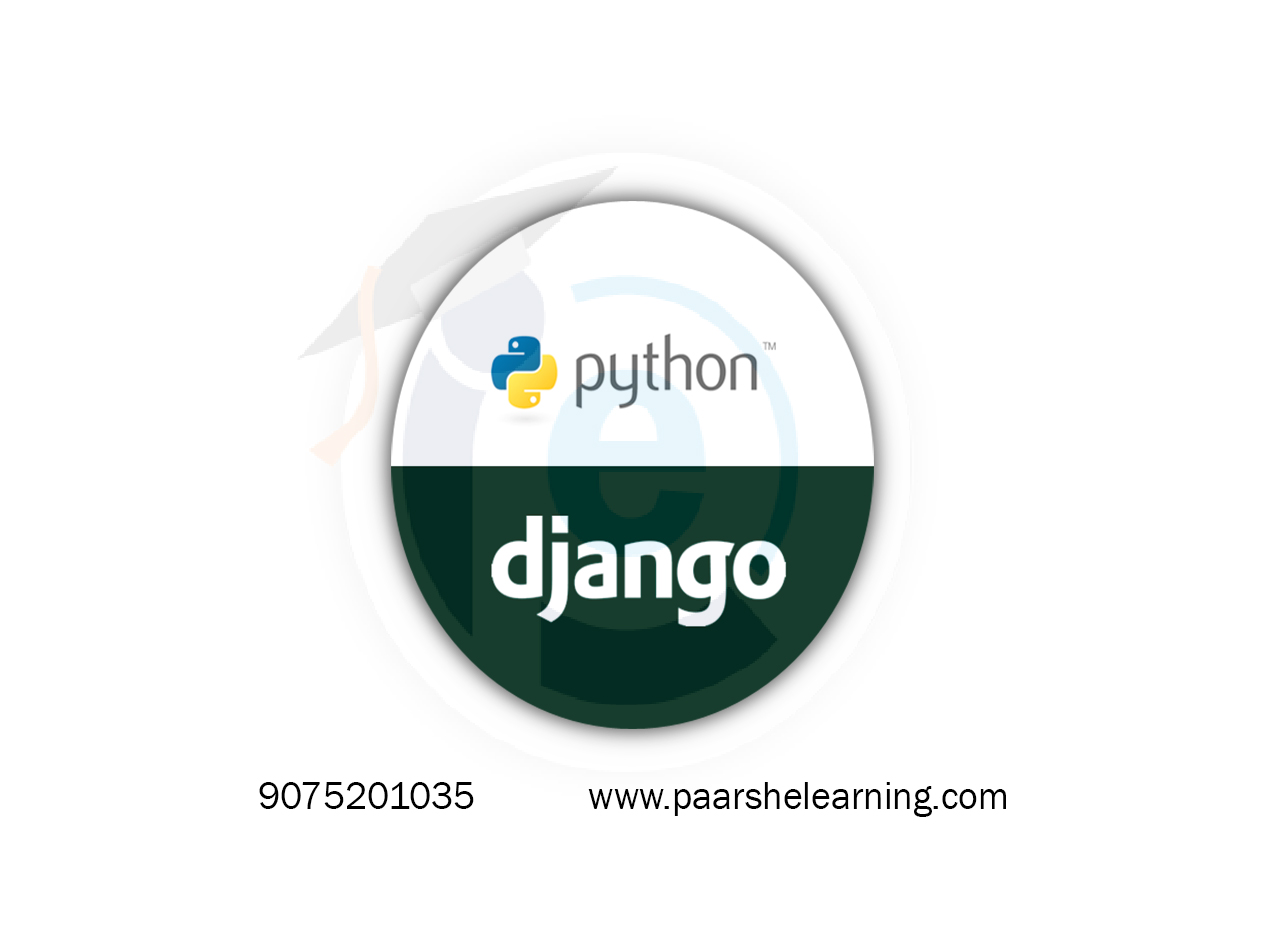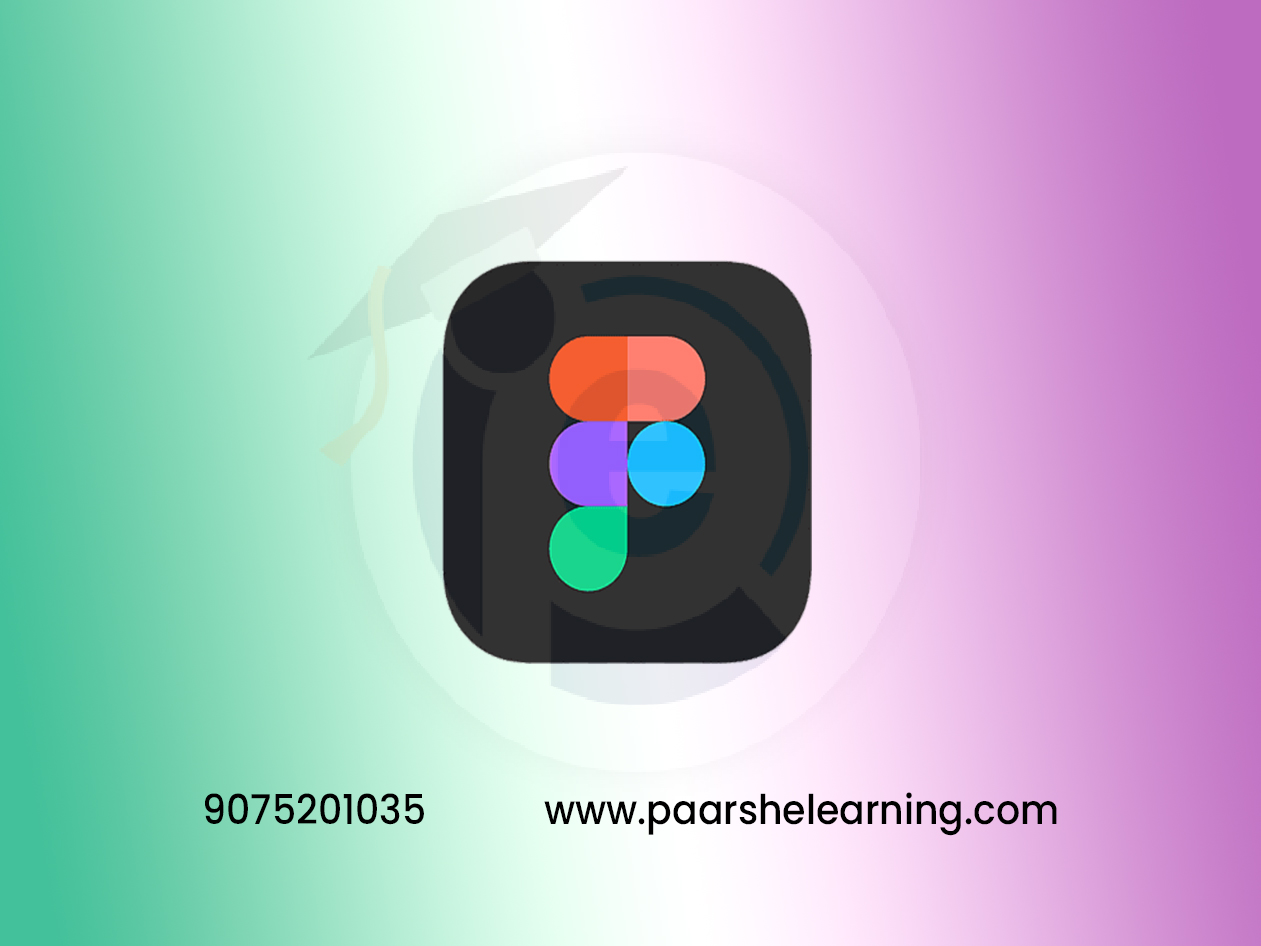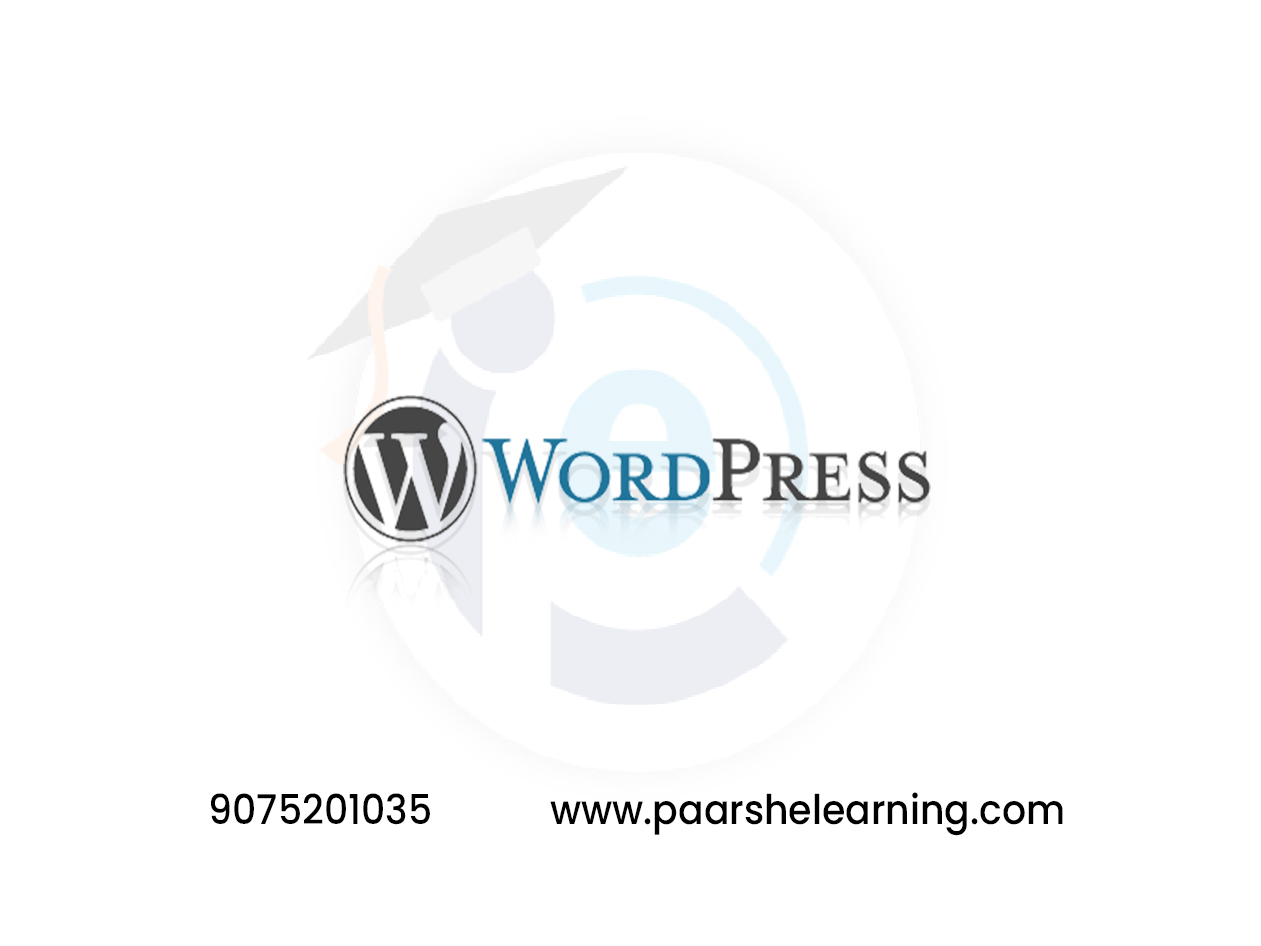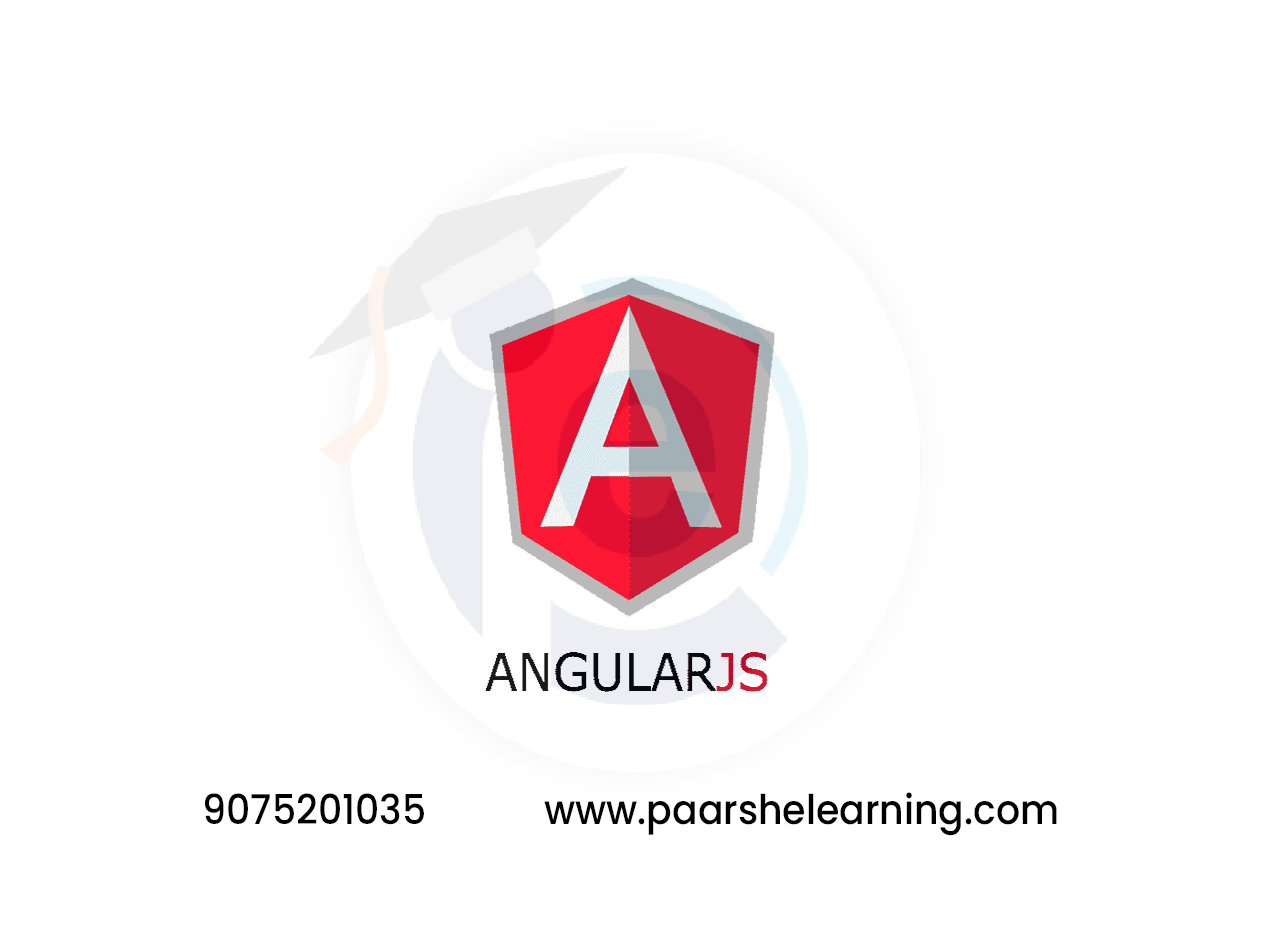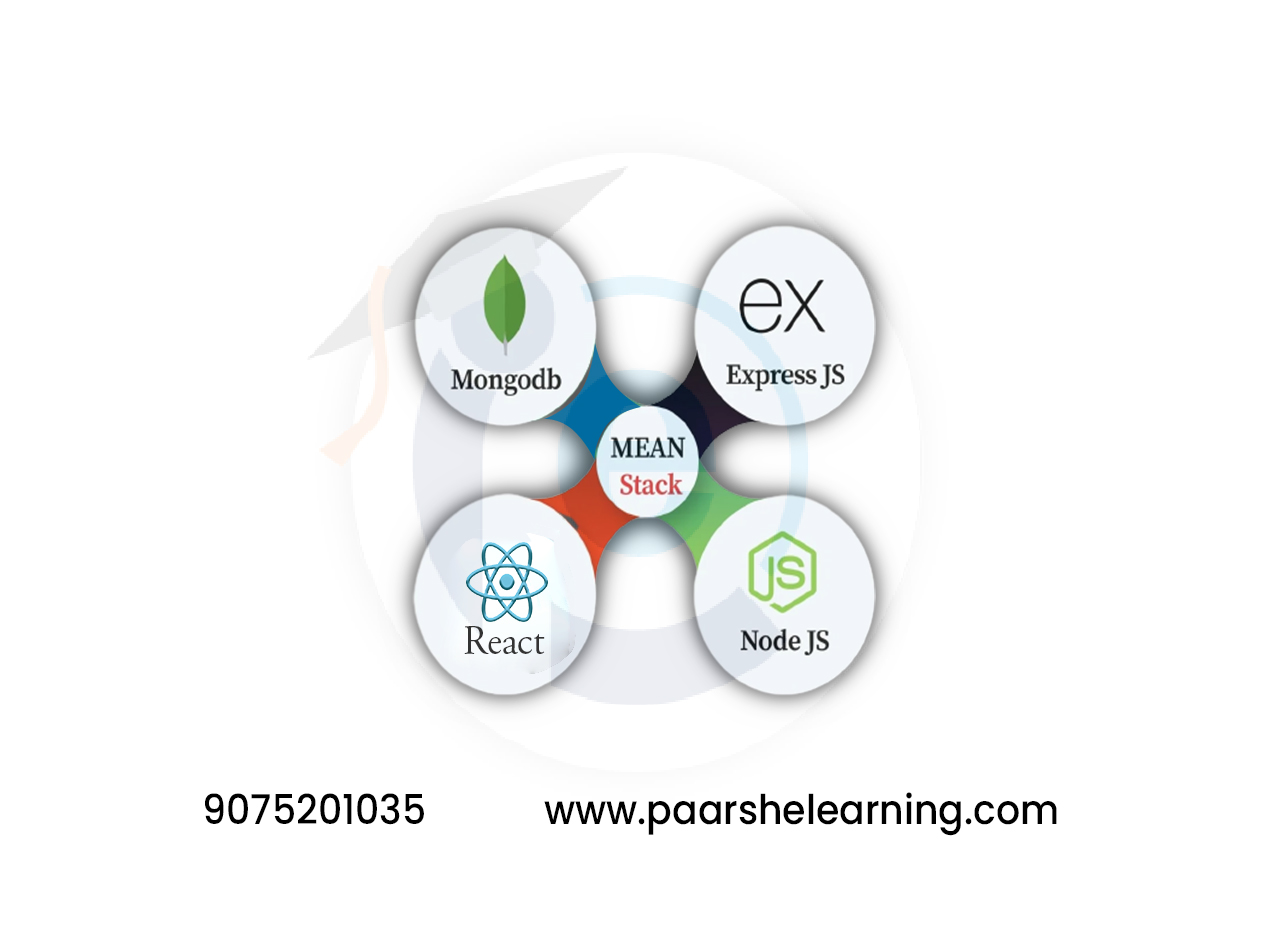- Understanding of Python: Students will have a good understanding of the Python language, including variables, data types, control structures, functions, and object-oriented programming.
- Django fundamentals: Students will learn the basics of Django, including models, views, templates, URL routing, forms, and authentication.
- Database integration: Students will learn how to integrate Django applications with databases using the built-in ORM, including creating models, querying data, and database migrations.
- RESTful APIs: Students will learn how to build RESTful APIs using Django, including handling HTTP methods, serializing data, and authentication.
- Django administration: Students will learn how to use the built-in Django administrative interface to manage application data.
- Deployment: Students will learn how to deploy Django applications to production servers, including setting up WSGI, using Docker, and configuring NGINX.
- Best practices: Students will learn best practices for writing clean, efficient, and maintainable Django code, including using class-based views, separating concerns, and using middleware.
Python Django
Course description
Django is a free and open-source Python web framework designed to help developers build web applications quickly and efficiently. It follows the Model-View-Controller (MVC) architectural pattern and is known for its robustness, scalability, and security features. Django provides many built-in features and tools that allow developers to focus on building the application's logic rather than worrying about the underlying infrastructure.
Some of the key features of Django include:
-
Object-Relational Mapping (ORM): Django's ORM makes it easy to work with databases by allowing developers to interact with databases using Python code rather than SQL.
-
URL routing: Django's URL routing system makes it easy to map URLs to specific views, allowing developers to create clean and organized URLs.
-
Templating engine: Django provides a powerful templating engine that makes it easy to create reusable templates and components.
-
Security features: Django provides a range of built-in security features such as CSRF protection, XSS protection, and SQL injection protection.
-
Admin interface: Django's admin interface provides an out-of-the-box solution for managing and editing the application's data.
-
Middleware: Django's middleware system allows developers to add functionality to the application's request/response cycle.
-
Testing tools: Django provides built-in testing tools that allow developers to write unit and integration tests for their applications.
Django has a large and active community of developers who contribute to its ongoing development and provide support through forums, documentation, and other resources. Overall, Django is a powerful and flexible web framework that can be used to build a wide range of web applications.
What you will learn from this course?
This course includes!
- Daily Live session
- A recorded session with problem-solving material
- Access on Mobile and TV
- Certificate of completion
- 100% Job Placement
- Recommendation Letter
This course is for
- Beginner Python developers who want to learn how to build web applications using Django.
- Web developers who want to expand their skills and knowledge in building web applications using Django.
- Developers who want to learn how to build RESTful APIs using Django.
- Anyone who is interested in Python developer
- Anyone who is willing to start their career in python
- Developer who wants to learn Flask Framework for the RESTfull APIs
Prerequisites for this course
- To learn Python Django, it is recommended that you have a basic understanding of the Python programming language, including variables, data types, control structures, functions, and object-oriented programming (OOP) concepts.
- Additionally, it would be beneficial to have some knowledge of HTML, CSS, and JavaScript for building web pages and basic understanding of SQL and relational databases.
- A good Django course should start from the basics and provide clear explanations of each topic, making it accessible to beginners and more experienced developers alike.
Python Django Syllabus
-
Introduction To Django
Overview of Django and its features Setting up a virtual environment Creating a simple Django project Understanding the Django project structure
-
Models And Databases
Introduction to Django's ORM (Object-Relational Mapping) Defining models and database tables Creating, querying, and updating database records Migrations and database schema management
-
Views And Templates
Creating view functions and URL mapping Working with Django templates and template inheritance Rendering dynamic data in templates Using template tags and filters
-
Forms And User Input
Handling form submissions in Django Using Django forms for validation and rendering Processing form data in view functions Implementing custom form validation and handling
-
User Authentication And Authorization
Implementing user registration and login systems Using Django's built-in authentication system Handling user sessions and access control Using decorators for authentication and authorization
-
Admin Panel And Advanced Models
Customizing and using the Django admin panel Implementing advanced model relationships Working with Many-to-Many and One-to-One relationships Using Django's built-in generic views
-
Restful Apis And Django Rest Framework
Introduction to building APIs with Django Rest Framework Creating API views and serializers Handling API requests and responses Implementing authentication and permissions for APIs
-
Deployment And Final Project
Deploying Django applications to hosting environments Using WSGI servers (Gunicorn, uWSGI) Containerization using Docker
-
Paarsh E-Learning encourages hands-on practice, assignments, and projects throughout the course to reinforce students' understanding of Django framework concepts. Assign practical exercises that involve building web applications, integrating databases, and implementing various features of Django. Cover both theoretical concepts and practical applications to provide a well-rounded learning experience.
